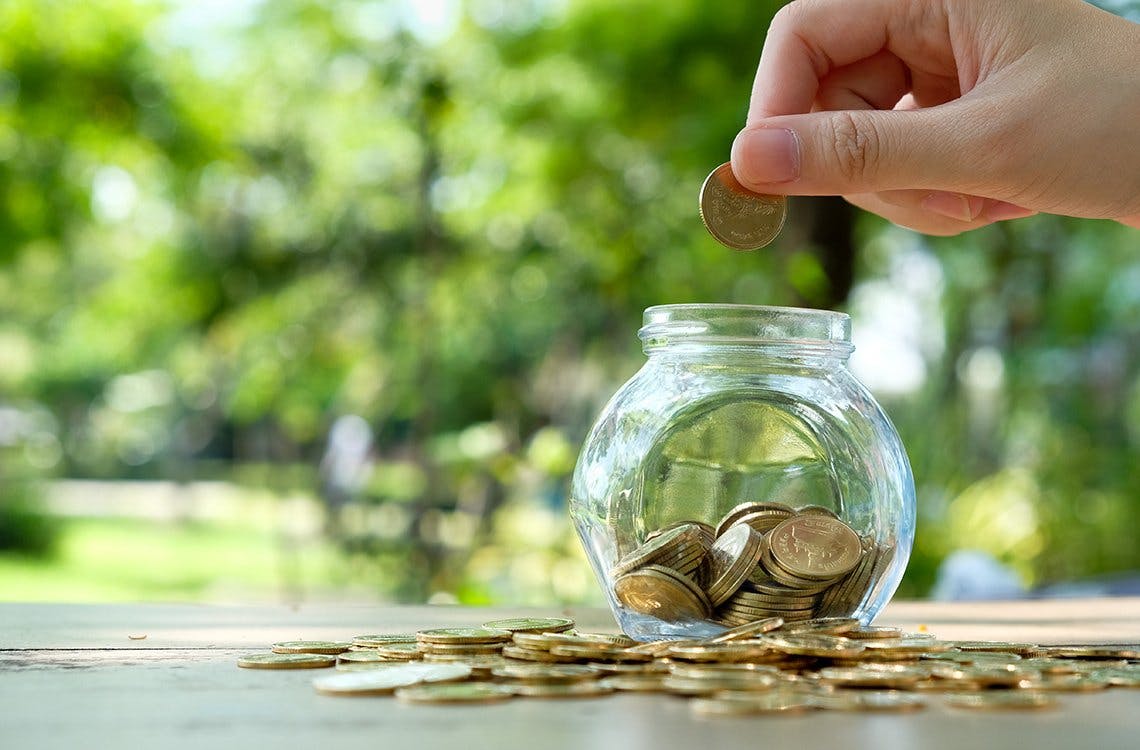
Cash in the Circular Economy
Precious metals from today’s phones and laptops will be the coins of tomorrow. Banknotes at the end of their lives can become new products that help bring water into homes, or heat them through cold winter months. Around the world, countries are continuing longstanding traditions of recycling cash, and finding new ways to integrate it into circular economies.
When nations across the European Union adopted the euro in 1999, around 350,000 tonnes of old coins were removed from circulation and recycled to become new products. Banknotes were made into briquettes, which could be used in fuel or coolant systems for industry, or composted, though they were often placed in landfill or incinerated as waste. Many modern banknotes offer possibilities for recycling into new items such as compost bins, flower pots, power sockets or plumbing supplies.
In Nepal, banknotes passing out of circulation are continuing to benefit citizens as they are being converted into heating briquettes. The Central Bank bought eight machines from the Netherlands in 2021 to establish a system for creating the briquettes, and they have been in use since August.
Over in Britain, while the Royal Mint already completely recycles old coins, in order to close the materials loop and start bringing metals from other applications back into use—minimising energy consumption and landfill volumes—e-waste is now being brought into the equation. New technology is being introduced to extract gold and other precious metals from old phones and laptops for reuse in coinage. At the end of their life, coins can be recycled again into new coins, electronics and more. A partnership with Canadian start-up Excir will see over 99 percent of gold recovered from disused circuit boards, using chemistry that selectively targets and extracts precious metals in seconds.
In Canada itself, as pennies were eased out of circulation from 2013, billions were collected and recycled, recovering steel, nickel and copper. These metals now appear in new products across the nation, and some will likely have been re-recycled already!
Sustainability has always been an important issue for the global currency industry. Closing loops in circular economies—maintaining the value of raw materials, components and products, using renewable energy sources and acting systemically—is another step toward a green currency industry.
